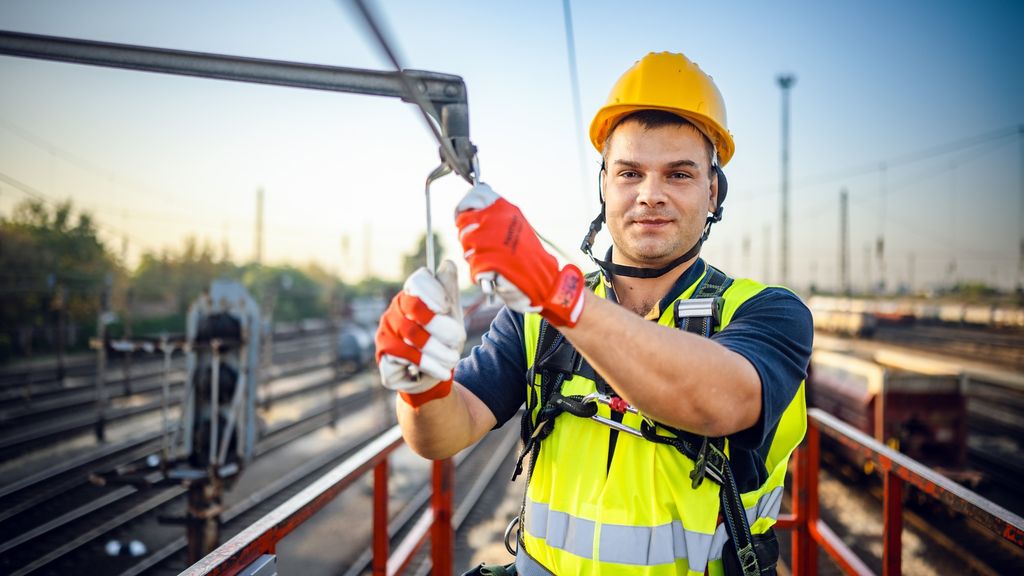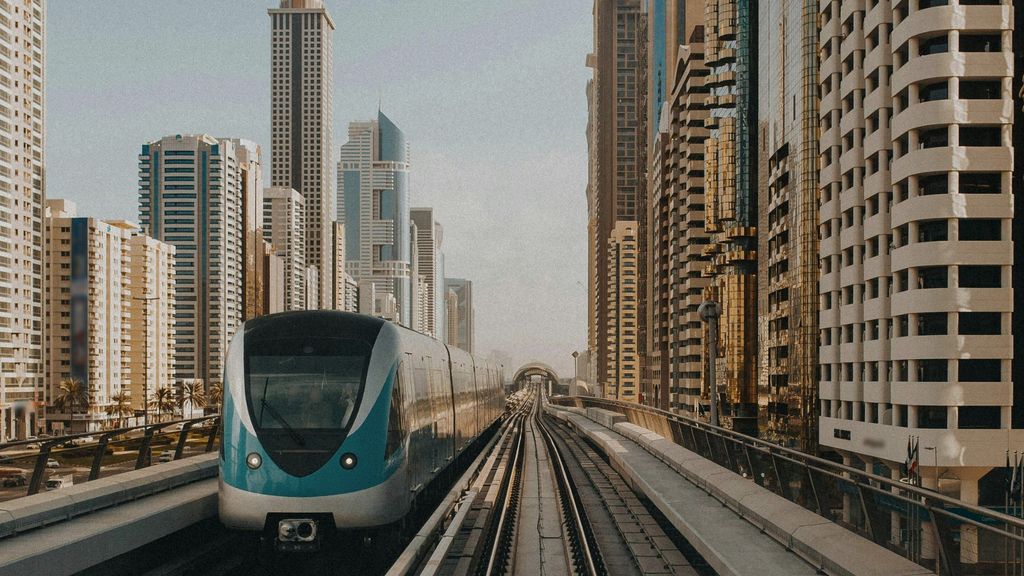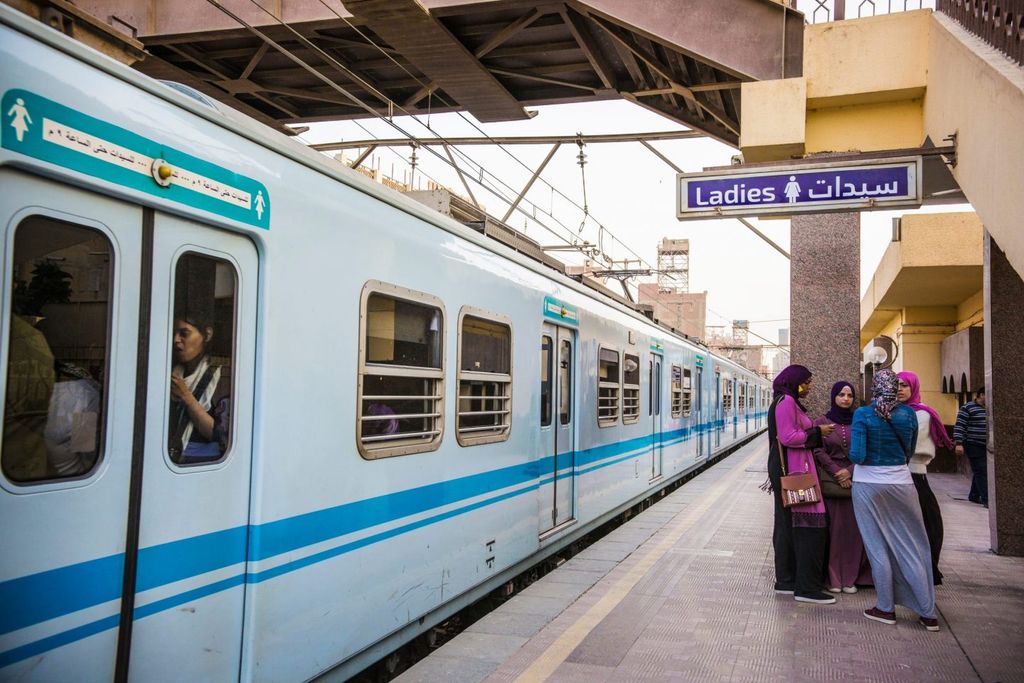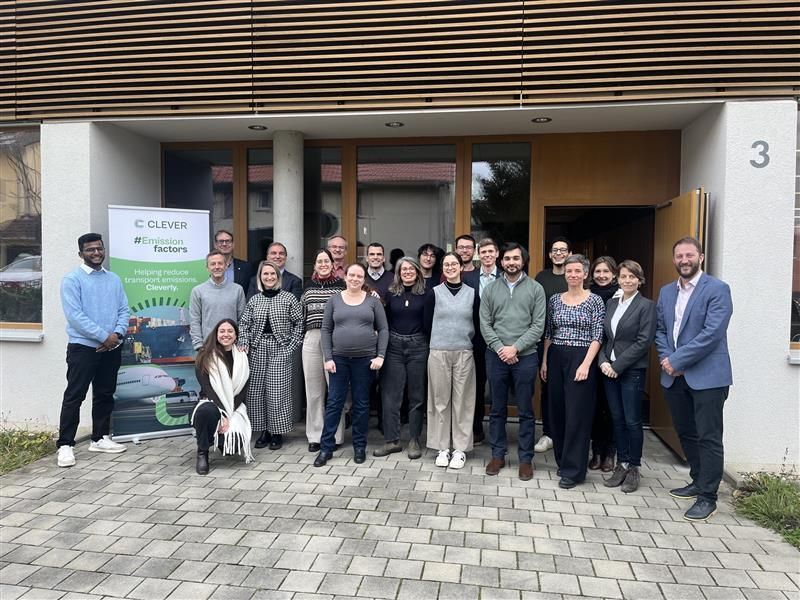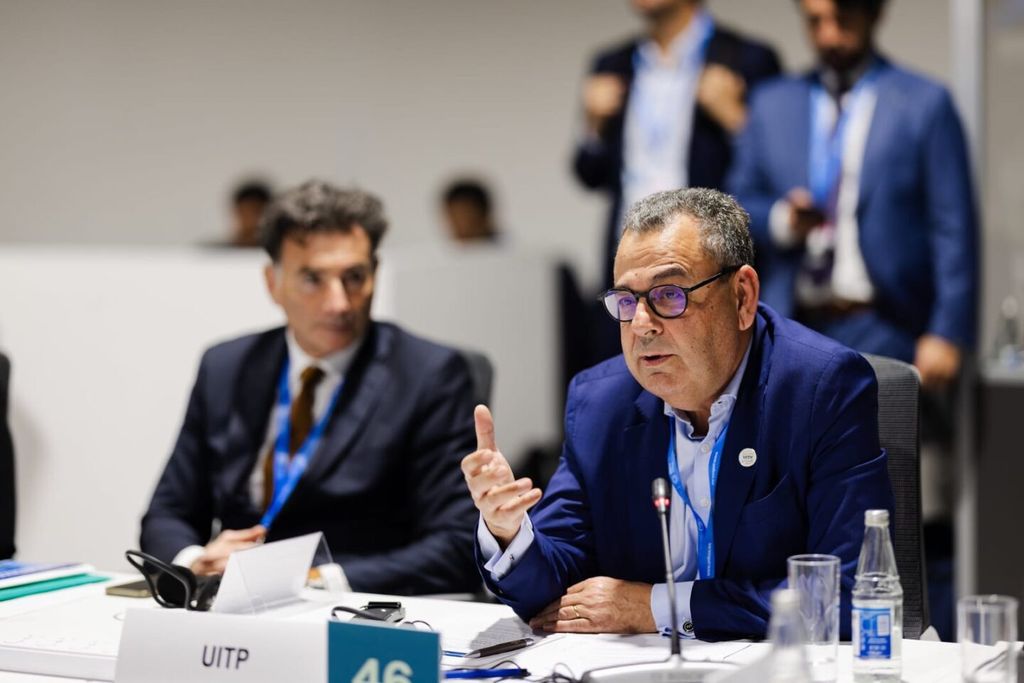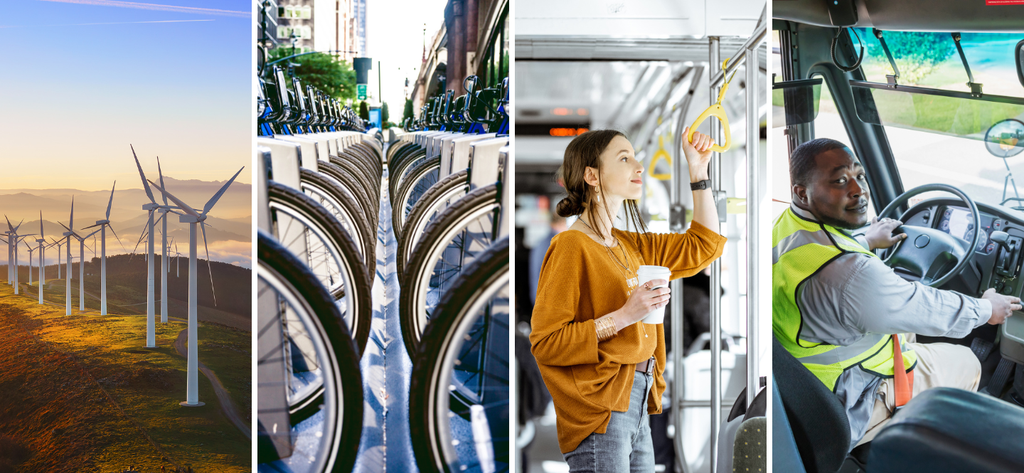
The state of public transport - UITP Policy Board, Milan, 8-9 march 2023
Public transport, in combination with active and micro-mobility, is already the most climate friendly and cost-effective way to travel. But even then, the climate crisis is a shared responsibility and demands that we all do more. And the sector is stepping up.
Public transport is committed to contribute to the ambitious climate goals our cities need. We are working intensely and investing heavily to decarbonise our operations.
Our industries are also transitioning to renewable energy, a topic on which UITP adopted an action point which will be published in April and contains a set of actions policy makers and organisations can take in the transition to renewable energy. One way to achieve this is by acquiring new vehicle fleets and building new infrastructure with energy efficiency front of mind.
At the same time, we are strengthening our ties with the energy sector. Without cooperating with them, we simply can’t decarbonise our operations. Across the world our sector is already implementing renewable solutions together with the energy sector; from solar power in Milan and New Delhi to wind energy powering the trains of the Netherlands.
Together we can build on this and ensure a sustainable energy supply for public transport and provide decarbonised mobility for all.
A journey doesn’t take people from station to station. They travel from home to work, from the baker to the doctor, and from school to sports clubs. In short, people need to go from door to door.
We must provide this service to more people. The sector is actively working to integrate better with collective and shared modes of transport like bike sharing systems and ride hailing services. At the same time, our stops, stations and hubs need to be easily accessible for people walking and cycling.
In this respect, the UITP Policy Board adopted a policy brief on the complementarity between public transport, active and micro-mobility.
Every day, our sector works to stimulate the modal shift from private cars to sustainable multimodal journeys. We plan our routes to provide mobility solutions to all corners of society and develop our infrastructure to stimulate active mobility.


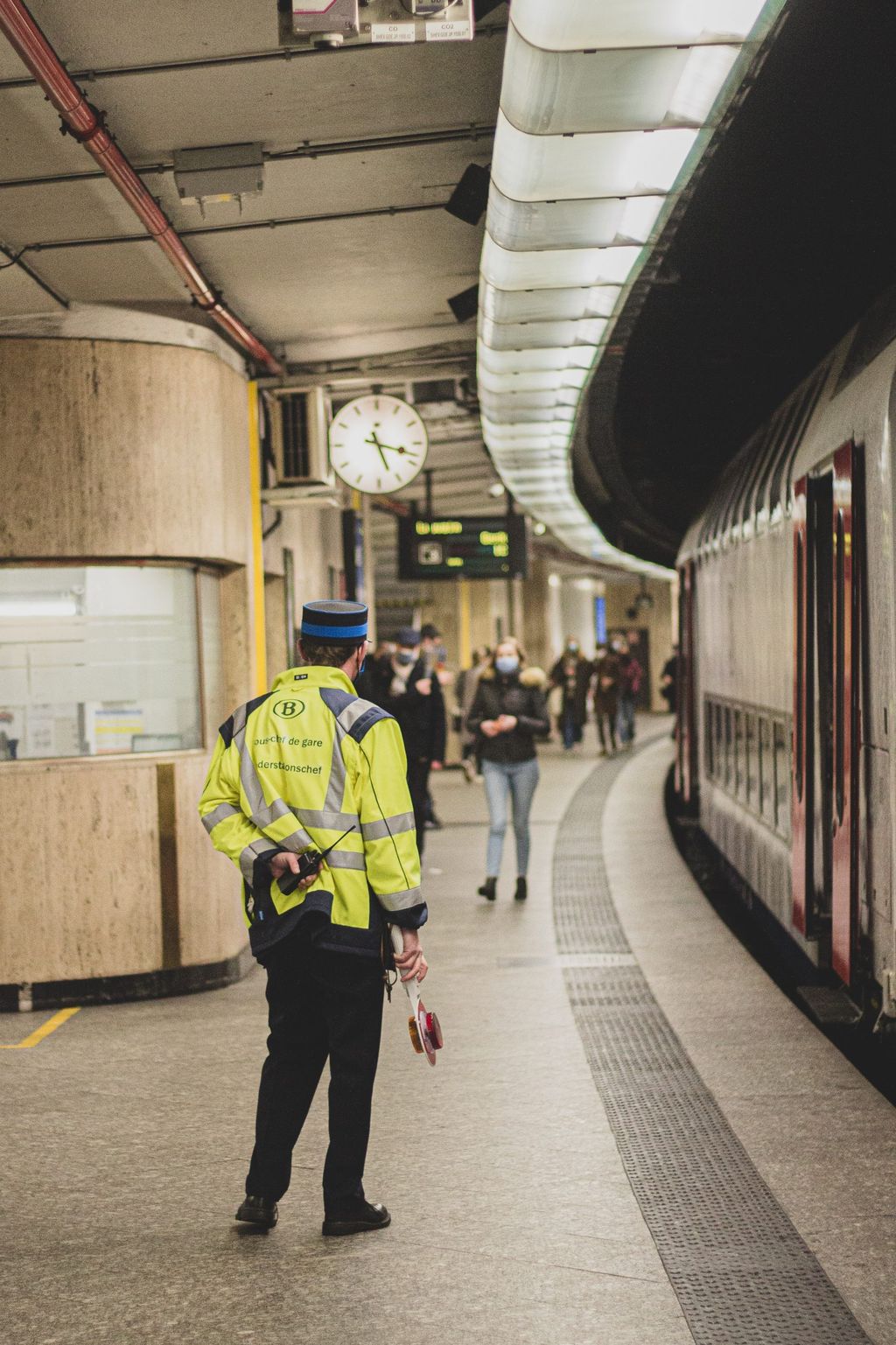
Energy prices fluctuate, resources are more expensive, and supply chains become disrupted. At the same time, the daily habits of people have changed drastically because of the pandemic. Costs and revenues are under pressure simultaneously. The public transport sector is faced with critical changes in its cost and revenue structure.
Public Transport needs to reinvent its business model. This requires us to address the revenue gap resulting from these pressures. For instance, we should review our services to match the evolution of demand, in particular in suburban and less dense areas.
The one thing our sector can’t lose sight of though, is it’s responsibility to provide mobility to all. We need to ensure sufficient funds to safeguard the public service mission of public transport
The responsibility to do this lies with the sector itself, but also with public authorities. Considering the many benefits public transport brings to our cities, our planet and our lives, they have a responsibility to make solid investments in the sector.
Public transport is facing an unprecedented crisis of labour shortage. The pressing challenges of the evolution of the labour market need to be addressed.
At the same time our sector is the largest employer at local level. We provide secure local jobs to 2 million people in the EU and 13 million people worldwide. 1 in 5 transport workers in the EU work in public transport.
Every direct job in public transport is linked to four jobs in other sectors of the economy.
In some cities, like in Brussels, public transport is the biggest employer. These jobs can’t be outsourced abroad and provide a stable income to all levels of society. Especially to young people, the career development opportunities through training and advancement are huge.
Stimulating the use of public transport by doubling investment could create at least 2.5 million additional jobs in the transport sector worldwide. This increases to at least 5 million jobs if the wider impact on other sectors of the economy is considered.
Public transport commits to using all the levers available to address the worker shortage. We can’t afford to exclude anybody in attracting talent. So we strive to increase diversity in the workforce. This is echoed with the adoption of the UITP diversity charter by the Policy Board.
UITP policy board
The UITP Policy Board comes together 2 times per year to discuss the most important issues to the sector and exchange ideas on how to move forward. From Covid-19 to the energy crisis; the ideas and discussions in this forum lead to a clear way forward that supports the entire public transport sector.
In ‘The State of Public Transport’ we outline the current issues and how our sector is aiming to tackle them.
Contact
UITP

exclusive resources
become a member

